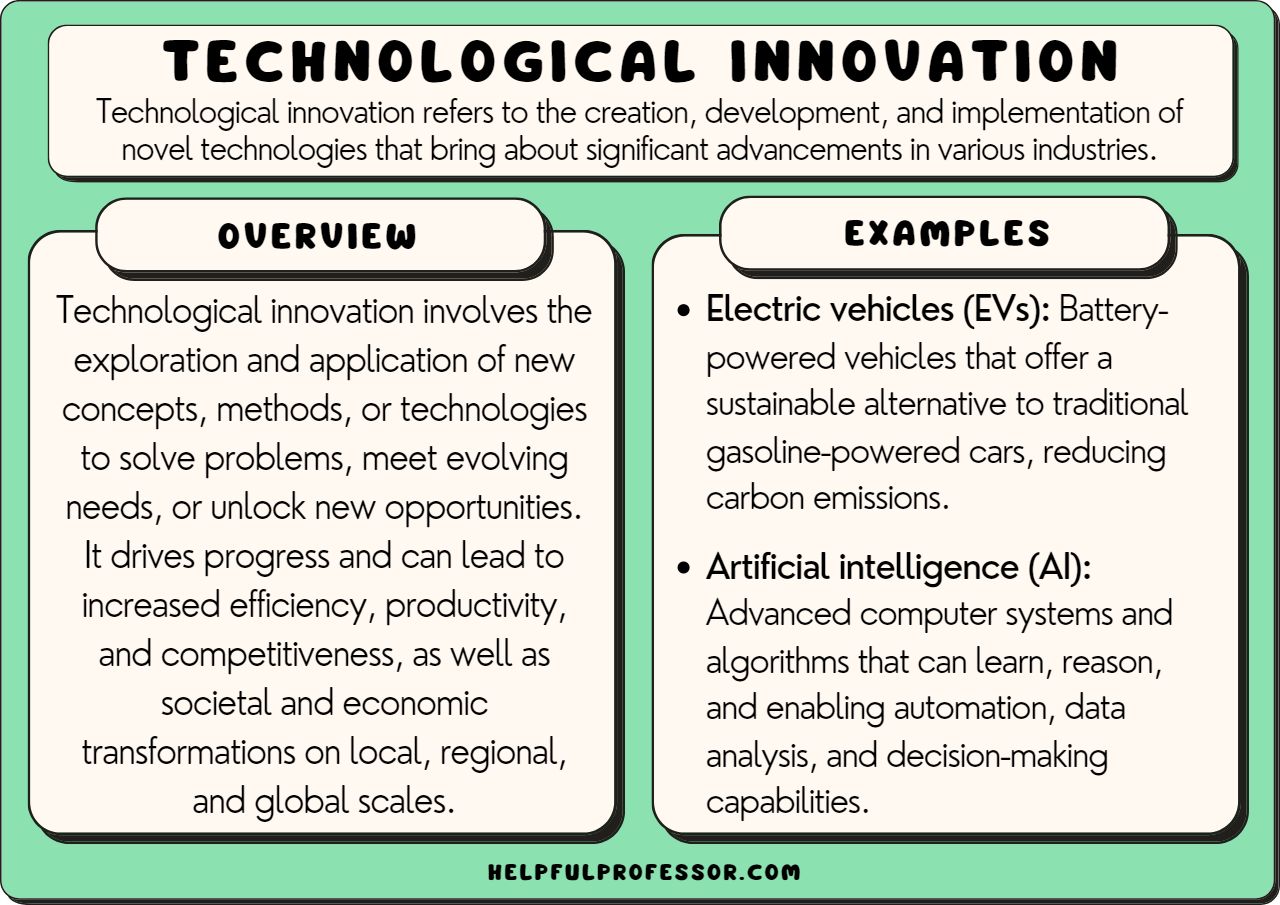Breaking Bread With Scholars: Fostering Collaboration And Intellectual Growth

Table of Contents
The Power of Collaborative Research
Collaborative research projects offer numerous advantages, benefiting both individual scholars and the broader academic community. By working together, researchers can achieve significantly more than they could independently. The benefits are multifaceted:
- Increased Research Productivity: Teams can divide tasks efficiently, accelerating the research process and leading to faster publication timelines.
- Access to Diverse Expertise: Collaboration brings together individuals with varied skills and knowledge, enriching research perspectives and methodologies. Interdisciplinary research, in particular, benefits greatly from this diversity.
- Enhanced Research Quality: Peer review within a research team ensures rigorous scrutiny, leading to higher quality research outputs.
- Broader Dissemination of Research Findings: Collaborative projects often reach a wider audience through co-authorship and joint presentations at conferences.
- Stronger Grant Applications: Granting agencies often favor collaborative projects that demonstrate a broader scope and a more robust team.
The Human Genome Project, a monumental collaborative effort, exemplifies the power of joint research projects. By uniting researchers from various disciplines and across the globe, the project achieved a breakthrough that would have been impossible for any single research group. Similarly, many successful collaborative research projects in climate science and materials science are constantly pushing the boundaries of our knowledge.
Building Effective Scholarly Networks
Networking is the lifeblood of academic collaboration. Building strong relationships with colleagues is essential for finding collaborators, sharing ideas, and securing opportunities. Effective strategies include:
- Attending Conferences: Conferences are invaluable for meeting researchers in your field, presenting your work, and engaging in discussions.
- Joining Professional Organizations: Membership in professional organizations provides access to a network of scholars, resources, and opportunities.
- Engaging in Online Communities: Participating in online forums, social media groups, and collaborative platforms allows for broader outreach and connection.
- Actively Participating in Workshops and Seminars: Active participation fosters interaction and builds relationships with colleagues and mentors.
- Mentorship Programs: Both mentoring and being mentored create valuable connections and opportunities for collaboration.
Effective networking extends beyond simply collecting contacts. It's about building genuine relationships based on mutual respect and shared interests. Remember to engage actively in conversations, share your expertise, and offer support to others. Utilizing online collaboration tools, such as LinkedIn, ResearchGate, and even Twitter, can significantly enhance your professional network.
Fostering Inclusive and Diverse Collaboration
Inclusivity and diversity are paramount to successful and impactful scholarly collaboration. Creating a welcoming and equitable environment is crucial for ensuring that all voices are heard and valued. Key strategies for achieving this include:
- Creating a Welcoming Environment: Cultivate a culture of respect and open communication where all team members feel comfortable sharing their ideas.
- Actively Seeking Diverse Perspectives: Make a conscious effort to include scholars from diverse backgrounds, disciplines, and career stages.
- Addressing Power Imbalances: Be mindful of potential power dynamics within the team and take steps to ensure equitable participation.
- Promoting Equity and Inclusion: Establish clear guidelines and protocols to prevent bias and discrimination.
- Recognizing Diverse Research Methods and Approaches: Embrace a variety of research methods and approaches, valuing the unique contributions of each team member.
Promoting diversity in academia extends beyond representation; it's about creating an environment where everyone feels valued and empowered to contribute their unique perspectives. This leads to richer discussions, more innovative research, and a more representative body of scholarly knowledge.
Utilizing Technology for Enhanced Collaboration
Technology plays a crucial role in facilitating seamless scholarly collaboration. Various tools enhance communication, data sharing, and project management:
- Utilizing Project Management Software: Tools like Asana, Trello, and Monday.com can streamline tasks, deadlines, and communication within research teams.
- Employing Online Communication Tools: Platforms such as Slack, Zoom, and Microsoft Teams facilitate real-time communication and collaboration, regardless of geographical location.
- Sharing Research Data Securely via Cloud Storage: Cloud-based storage solutions like Google Drive and Dropbox ensure secure and accessible data sharing.
- Using Collaborative Writing Platforms: Tools such as Google Docs and Overleaf allow for real-time co-authoring and seamless version control.
- Participating in Online Research Communities: Online platforms and communities dedicated to specific research areas facilitate the sharing of knowledge and collaboration among scholars.
Effective use of technology allows for more efficient workflows, broader participation, and a more dynamic research process. Choosing the right tools based on your specific needs and project requirements is key.
Overcoming Challenges in Scholarly Collaboration
While collaboration offers significant advantages, potential challenges need to be addressed proactively:
- Establishing Clear Communication Protocols: Regular meetings, clear communication channels, and defined roles are essential for avoiding misunderstandings.
- Adopting Shared Methodologies: Agreeing upon shared research methods and data analysis techniques from the outset minimizes inconsistencies and conflicts.
- Developing Conflict-Resolution Strategies: Establishing a process for addressing disagreements and conflicts ensures smooth collaboration.
- Agreeing on Authorship and Intellectual Property: Clear guidelines regarding authorship contributions and intellectual property rights are crucial to avoid disputes.
- Creating Transparent Project Timelines: Setting realistic deadlines and consistently tracking progress enhances accountability and reduces stress.
Addressing these challenges early and establishing clear protocols for communication and conflict resolution are crucial for successful collaborative projects.
The Enduring Value of Breaking Bread with Scholars
Fostering collaboration and intellectual growth is essential for the advancement of knowledge and the success of individual scholars. "Breaking bread with scholars" — the act of building strong relationships and engaging in meaningful intellectual exchange — is a crucial strategy for enhancing research and learning. By actively engaging in collaborative research, building strong networks, and embracing diversity and technology, we can unlock the immense potential of collaborative scholarship. Start breaking bread with scholars today by actively seeking collaborative opportunities and building strong networks within your field. Embrace the power of collaborative research to advance your own intellectual growth and contribute to the wider academic community.

Featured Posts
-
 Empate Entre Liga De Quito Y Flamengo En La Copa Libertadores Resumen Del Partido
May 08, 2025
Empate Entre Liga De Quito Y Flamengo En La Copa Libertadores Resumen Del Partido
May 08, 2025 -
 Flamengo Campeon El Impresionante Golsazo De Arrascaeta En La Taca Guanabara
May 08, 2025
Flamengo Campeon El Impresionante Golsazo De Arrascaeta En La Taca Guanabara
May 08, 2025 -
 New The Life Of Chuck Trailer Released Receives Praise From Stephen King
May 08, 2025
New The Life Of Chuck Trailer Released Receives Praise From Stephen King
May 08, 2025 -
 The Hunger Games Director Tackles Stephen King Horror Movie Coming In 2025
May 08, 2025
The Hunger Games Director Tackles Stephen King Horror Movie Coming In 2025
May 08, 2025 -
 Made In Pakistan Ahsans Plan For Technological Advancement In Global Trade
May 08, 2025
Made In Pakistan Ahsans Plan For Technological Advancement In Global Trade
May 08, 2025
